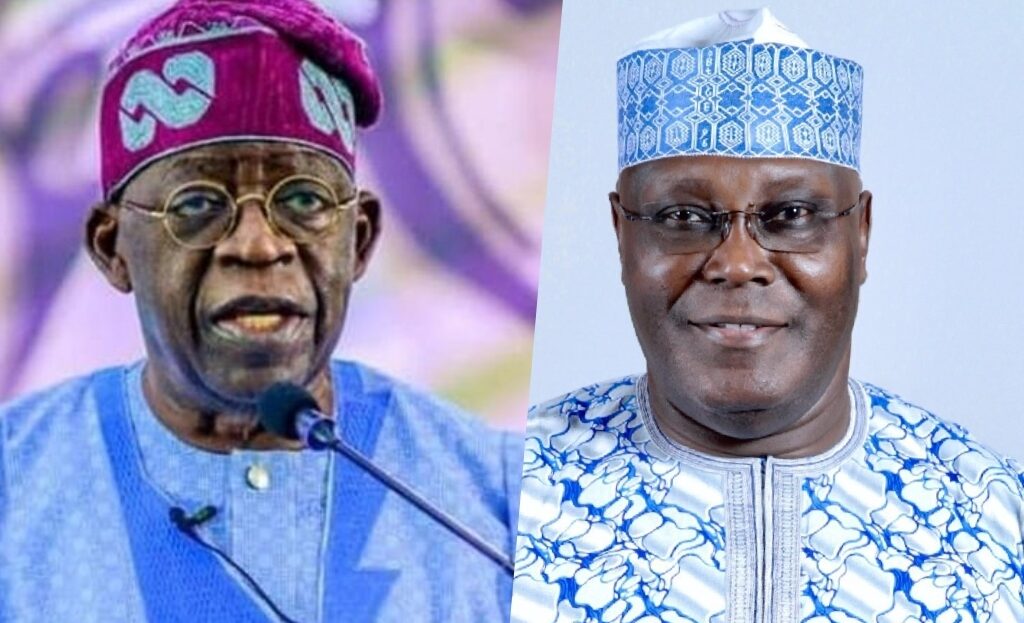
President Bola Tinubu will, on Tuesday, open his defence at the presidential election petition court (PEPC) to defend his victory at the Feb. 25 presidential polls.
This is in the petition filed by the Peoples Democratic Party (PDP) and its presidential candidate, Atiku Abubakar.
Counsel to Mr Tinubu, Wole Olanipekun, SAN, made this known on Monday after the Independent National Electoral Commission (INEC) closed its case against Mr Abubakar after calling a lone witness.
The electoral umpire opened and closed its case against the petitioners after calling the lone witness, Lawrence Bayode and tendering some documentary exhibits in evidence.
One of the documents was a letter dated July 6, 2022, which Vice-President Kashim Shettima (the third respondent) wrote to the commission.
The letter was the notification of his decision to withdraw his candidature for senate under the platform of the All Progressives Congress (APC) for the Borno central senatorial seat.
Mr Bayode, who was led in evidence by INEC’s lead counsel, Abubakar Mahmoud, SAN, introduced himself as a deputy director of ICT for the commission.
Under cross-examination by Mr Olanipekun, the witness asserted that the presidential election was free, fair, credible and conducted in compliance with the Electoral Act 2022.
The witness also told the court that the technical glitch that occurred on election day did not affect the actual scores of the presidential candidates as manually computed by polling officers in the forms EC8As at the different polling units.
According to Mr Bayode, INEC does not have an electronic collation system and results of the presidential election were manually collated and not electronically collated.
For his part, counsel to the APC, Lateef Fagbemi, SAN confronted the witness with a publication in Tribune newspaper where the commission had, a few days before the election, said that it would no longer be able to go ahead with the electronic transmission of results.
The document was admitted in evidence amidst strong opposition from counsel to the petitioners, Chris Uche, SAN.
Mr Uche, while cross-examining the witness, asked him if he was aware of the recently released European Union Observer Mission Report on the Presidential Election.
The witness said that he was aware of the report even though he had not read it.
The respondents opposed the tendering of the document in evidence but reserved their reasons until the final address stage.
The court, however, admitted the document in evidence and marked it appropriately.
Mr Uche proceeded to show the witness a certified true copy of the report and asked him to read a portion of the report where the EU said only 31 per cent of presidential election results uploaded on the IREV were mathematically correct.
They further said this was evidence of the extent of training the commission gave its polling unit staff.
The witness also read a portion of the report where the EU stated that the 2023 election was not as transparent and inclusive as had been promised by the commission.
The witness insisted that the technological innovations introduced by the commission into the electoral process were to guarantee transparency and integrity of the results.
Mr Uche, however, insisted that there was no technical glitch on the day of the presidential election and that the only glitch was human glitch or an INEC glitch.
After the witness was discharged from the witness box, counsel to INEC told the court that that was the case of the commission as they had no other witness to call or documents to tender.
Justice Haruna Tsammani, chairman of the five-member panel of the court, adjourned hearing in the petition until Tuesday.
(NAN)


